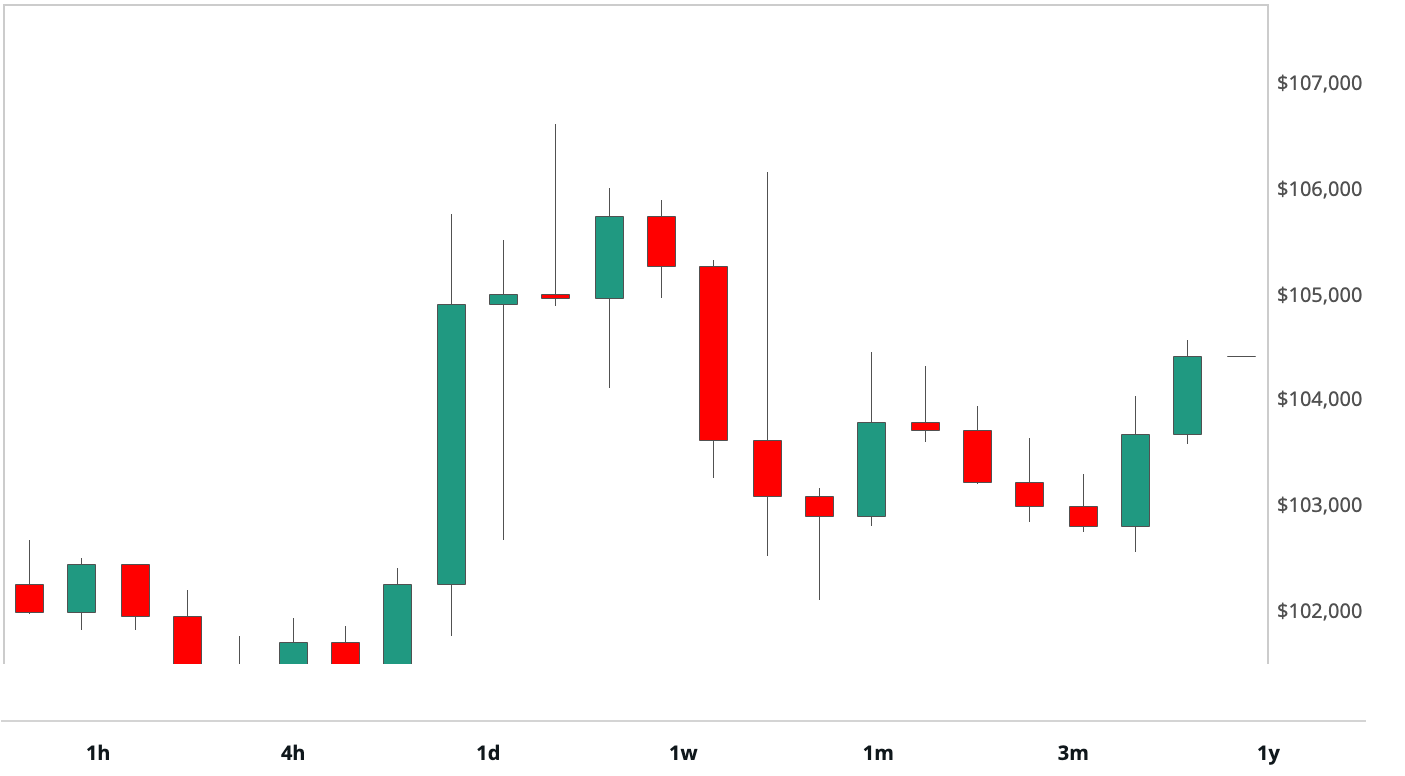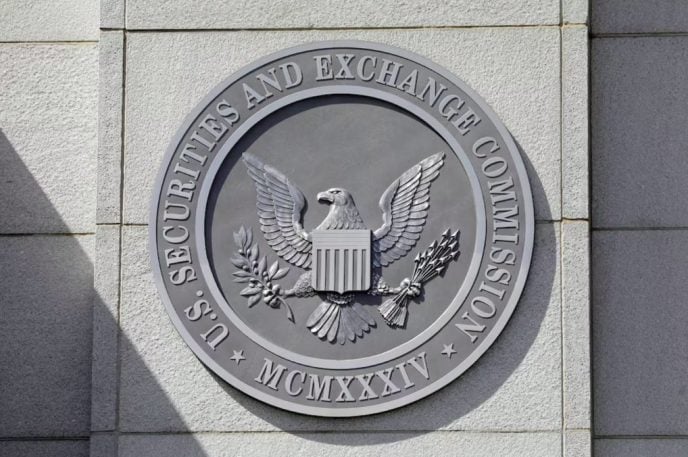ARTICLE AD
Rieder remains optimistic about Bitcoin’s potential, citing the increasing acceptance of the cryptocurrency as an asset class.
Rick Rieder, BlackRock Inc‘s (NYSE: BLK) Chief Investment Officer of global fixed income and head of global allocation, recently stated that the world’s largest asset manager might increase its exposure to Bitcoin in the coming years. While BlackRock currently holds only a small portion of its portfolios in Bitcoin, Rieder hinted at a potential shift in strategy.
BlackRock’s Bitcoin Integration Strategy
In a recent appearance on the Wall Street Journal’s Take On the Week podcast, Rieder expressed openness to the idea of integrating Bitcoin more prominently into BlackRock’s asset allocation framework. “Time will tell whether it’s gonna be a big part of the asset allocation framework,” Rieder remarked, emphasizing the importance of growing comfort levels with the cryptocurrency among investors.
This sentiment aligns with BlackRock’s recent foray into the crypto space through the launch of a spot Bitcoin Exchange-Traded Fund (ETF). The fund has already amassed over $3 billion, now positioning BlackRock as a notable player in the crypto space.
Notably, BlackRock’s Bitcoin product, IBIT, currently ranks as the world’s largest spot Bitcoin ETF manager after Grayscale GBTC, with substantial holdings of 3,435 BTC assets. The fund recorded remarkable inflows of $403 million on Thursday, according to data from Farside Investors, showcasing investors’ heightened interest in Bitcoin-related investment opportunities.
Despite the dominance of BlackRock’s IBIT, other major players in the market, such as Fidelity Investments with its FBTC product, are also vying for a share of the Bitcoin ETF space. However, persistent outflows from the GBTC product have exerted downward pressure on the BTC price, with Thursday witnessing outflows of $102 million, totaling $6.3 billion in net outflows.
Spot Bitcoin ETFs Potential
Nevertheless, the overall trading volume for Bitcoin ETFs remains robust, standing at a formidable $2.1 billion. Rieder remains optimistic about Bitcoin’s potential, citing the increasing acceptance of the cryptocurrency as an asset class. The recent surge in Bitcoin prices, surpassing the $46,000 mark and trading at $46,651 at press time, further bolsters this optimism.
Market analysts echo Rieder’s sentiment, predicting a bullish trajectory for Bitcoin in 2024. Markus Thielen from 10x Research anticipates a substantial rally of 65% from current levels, projecting a Bitcoin price of $70,000 by year-end. Thielen attributes this optimistic outlook to factors such as the Federal Reserve’s decision to postpone rate cuts, lower inflation rates, and sustained economic growth.
Additionally, Thielen highlights the historical correlation between US presidential election cycles and Bitcoin halving years, which have traditionally propelled Bitcoin prices upwards. Drawing on past data, Bitcoin experienced substantial gains during previous halving years, averaging a remarkable 192% increase.
Overall, as BlackRock and other institutional investors explore avenues for diversification and potential returns, Bitcoin’s growth as an asset class appears increasingly evident. While uncertainties persist, the growing acceptance and adoption of cryptocurrencies by mainstream financial institutions indicates a shift in investment strategies and portfolio management approaches.

 11 months ago
62
11 months ago
62 

